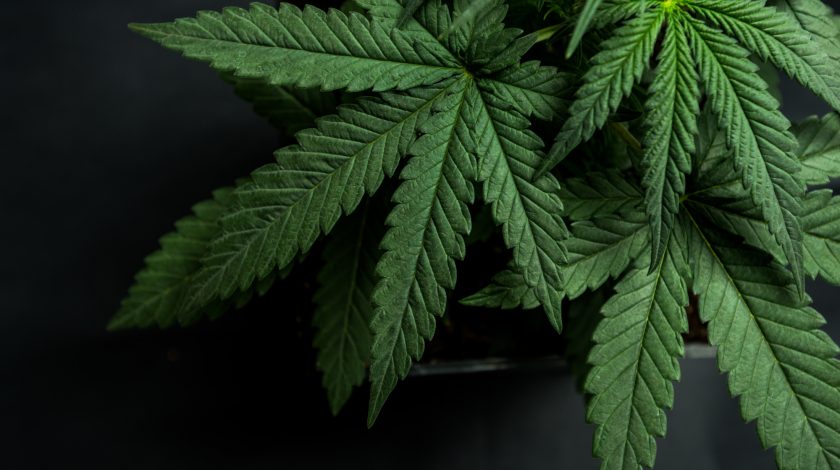The date of Tuesday, June 19, 2018, will forever be a historic day in the memory of marijuana smoking Canadians and liberals the world over.
It’s the day that marijuana became legal in Canada.
The Canadian Senate voted to pass the so-called Cannabis Act. This has seen Prime Minister Justin Trudeau’s government’s promise of legislation to legalize recreational marijuana become a reality.
Many weed smokers are now wondering what this actually means for marijuana use.
That’s why we’ve put together this handy guide for everything you need to know about the legalization of recreational marijuana. Keep reading to find out more!
Is Marijuana Legal in Canada Already?
This is a hugely significant moment makes Canada the first G7 country to legalize marijuana. The change to legislation has lifted a 95-year long prohibition on the consumption of marijuana in the country.
The vote was the culmination of decades of debate about legalizing marijuana. As well as, promises by Trudeau’s Liberal Party to change the law.
And yet, many people may be aware that Canada already permits the use of marijuana for medicinal purposes. This has been the case since 2001. The recreational use of marijuana has been illegal until now.
Even though the Cannabis Act has passed in the Senate, the legalization of cannabis use will not take full effect until later this year.
Pot smoking Canadians will have to wait a little while longer. On October 17, 2018, it will be completely legal to smoke cannabis.
What Does Legalizing Weed Mean in Practice?
It is legal for anyone over the age of 18 years old you are permitted to purchase either fresh or dried marijuana, as well as, cannabis oil, plants, and seeds.
Furthermore, any adult may also possess up to 30 grams of dried cannabis for personal use in public. It’s also legal to share up to 30 grams with other adults.
The cultivation of a maximum of four marijuana plants per household is also permitted. As is the preparation of cannabis products, including edibles, for personal use.
Furthermore, regulations and prohibition over the sale of marijuana to people under the age of 18 remain strictly upheld. Anyone found guilty of selling marijuana to minors could face up to 14 years of imprisonment.
There are also many decisions yet to be confirmed in relation to the legalization of weed. For example, it is yet to be determined the punishment for driving a vehicle under the influence of weed.
Other regulations in specific provinces also grant landlords the right to prohibit cannabis use in rented accommodation. This is partly due to the concerns raised by real estate agencies worried about decreases in property values and crime rates.
Does the Cannabis Act Take Effect Everywhere?
Canada has a federal political system. As a result, each province and territory implements the Cannabis Act differently. Therefore, there are slightly different regulations according to each jurisdiction.
As a consequence of this, all provinces apart from Alberta have set the minimum legal age of purchase at 19 years old. Despite the fact that the Federal Cannabis Act allows adults over 18 years.
Other examples of the differences in provinces include the right to cultivate marijuana in the home. In Quebec, marijuana cultivation is still going to be illegal, whereas in many other provinces it’s not.
Whereas, in Saskatchewan private retailers are exclusively permitted to sell marijuana. However, in most provinces, this is reserved for government-run vendors.
How Much Tax is to be Levied on Legal Weed?
One of the arguments for the legalization of marijuana was the tax revenue that could be raised.
Marijuana consumers can expect to pay CA $1 for every gram of cannabis for marijuana costing around CA$10 each gram. If the strains of cannabis are sold at a higher cost than CA $10 per gram, there will be a flat rate of 10 percent tax.
To put this into context, the tax on alcohol in Canada can range between 50 percent for beer and 80 percent for liquor. This suggests that consumers have an excellent relatively low tax rate on marijuana.
What is the Demand for Marijuana in Canada?
The truth is that nobody knows the demand for marijuana in Canada. Not only is this new territory for North America, but it’s even a step into the unknown for developed countries.
According to a report by CIBC from May 2018, the cannabis market in Canada is expected to make CA $6.5 by the year 2020. This is equal to more than 800,000 kilograms. If this forecast became true this would see marijuana sales over-sell wine, and spirit sales.
Some of the total amount will include the expected sale of medical marijuana. However, over 95 percent will be from adult recreational use.
Will Canada be Able to Meet the Demand?
If so much demand for marijuana materializes, there are questions over whether Canada will be able to supply such quantities of weed.
The Cannabis Act has already resulted in many people in the emerging marijuana industry starting to take action. There has been an increasing number of cannabis growers. And yet, many of the necessary changes to meet demand require time and investment.
However, once the Canadian weed industry develops, it is believed that there will be a substantial oversupply of marijuana. This has raised questions about the potential of exporting marijuana for foreign markets.
More About Recreational Marijuana
That Canada has legalized recreational marijuana use is incredible news for pot-smokers around the world. But in particular, marijuana-loving Canadians.
With this information, you can be informed about what Canada’s Cannabis Act actually means for people looking for a legal high.
To find out more about the best legal highs, check out the rest of our blog at Legal Highs That Work.









